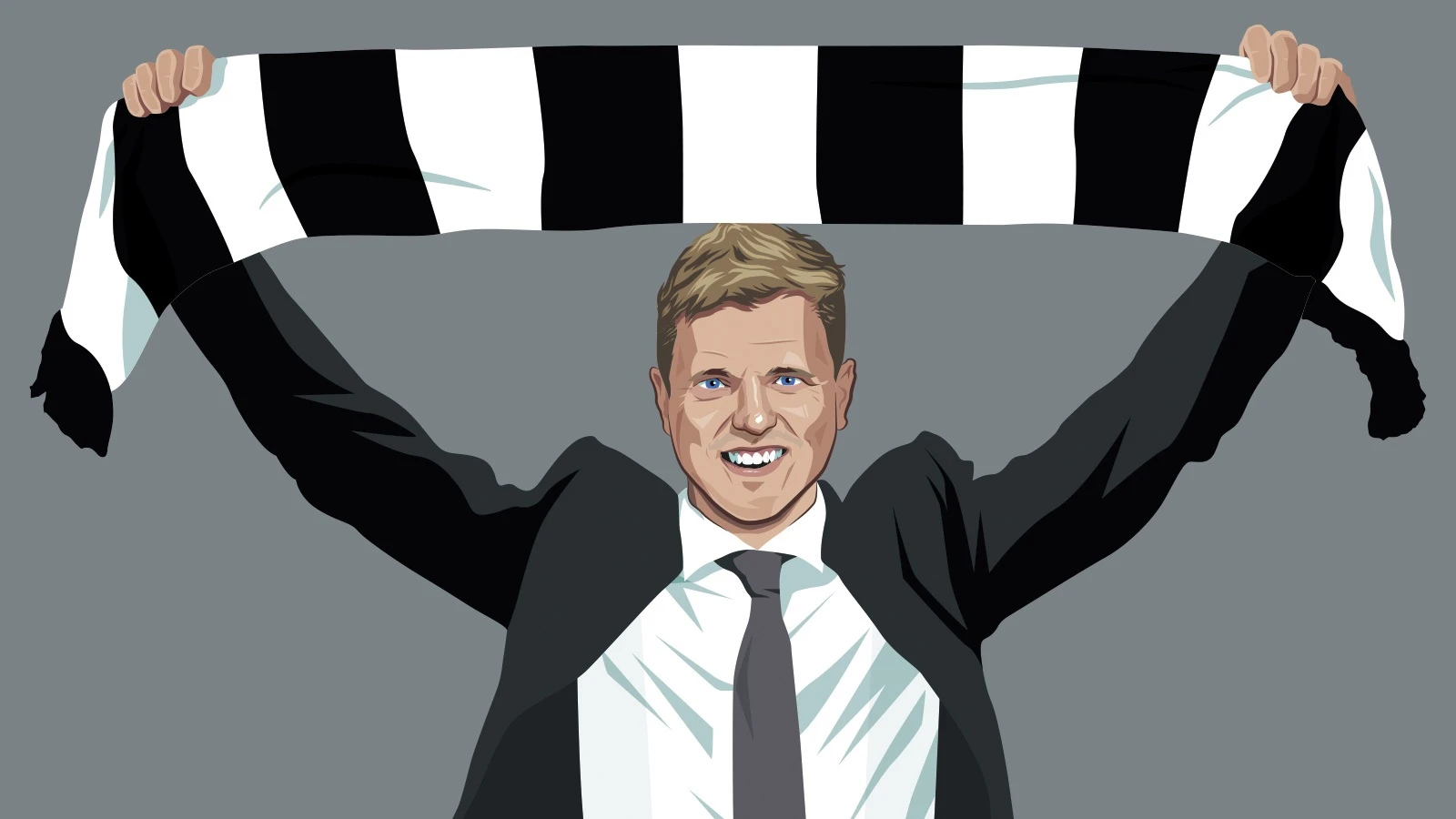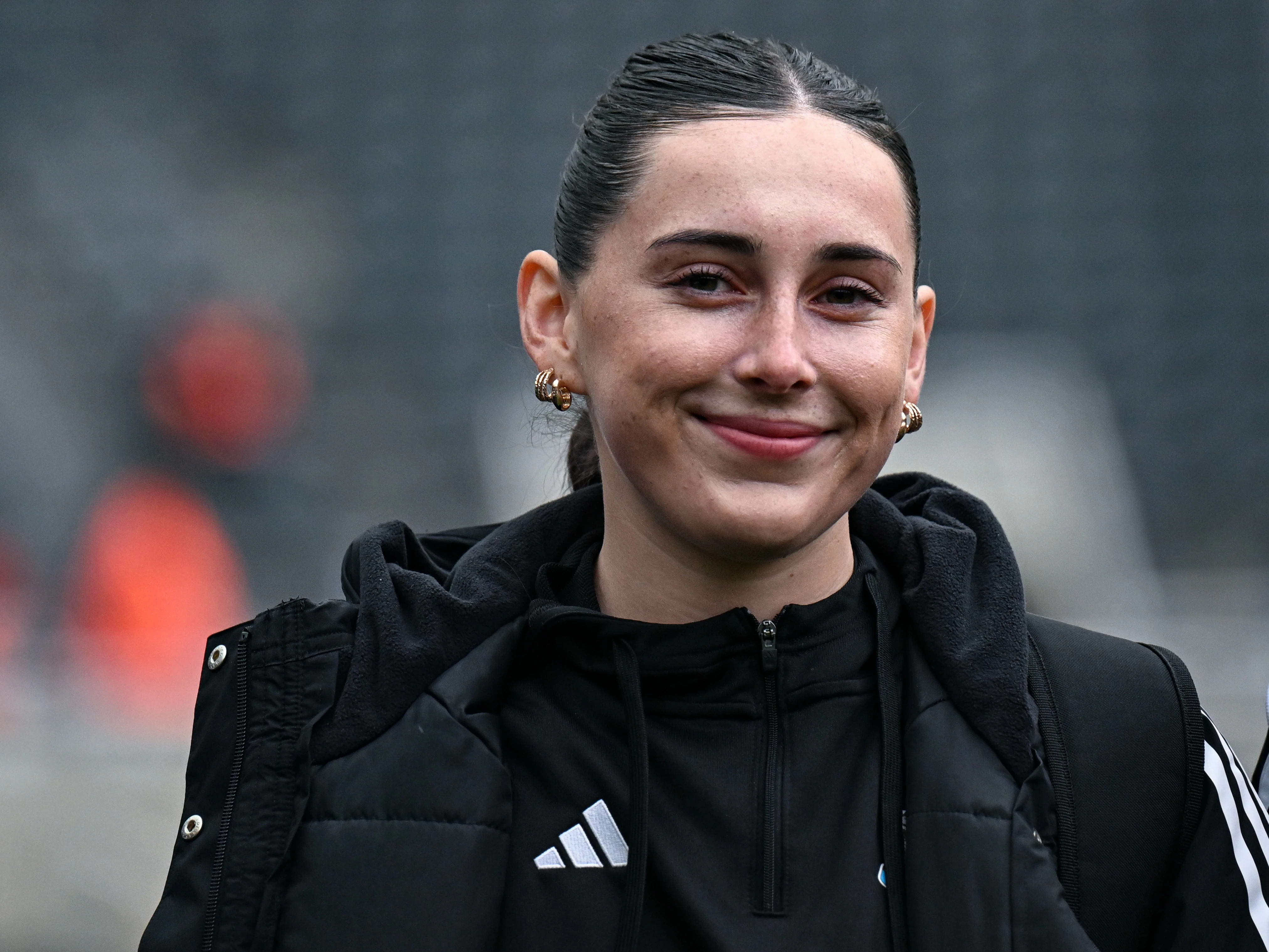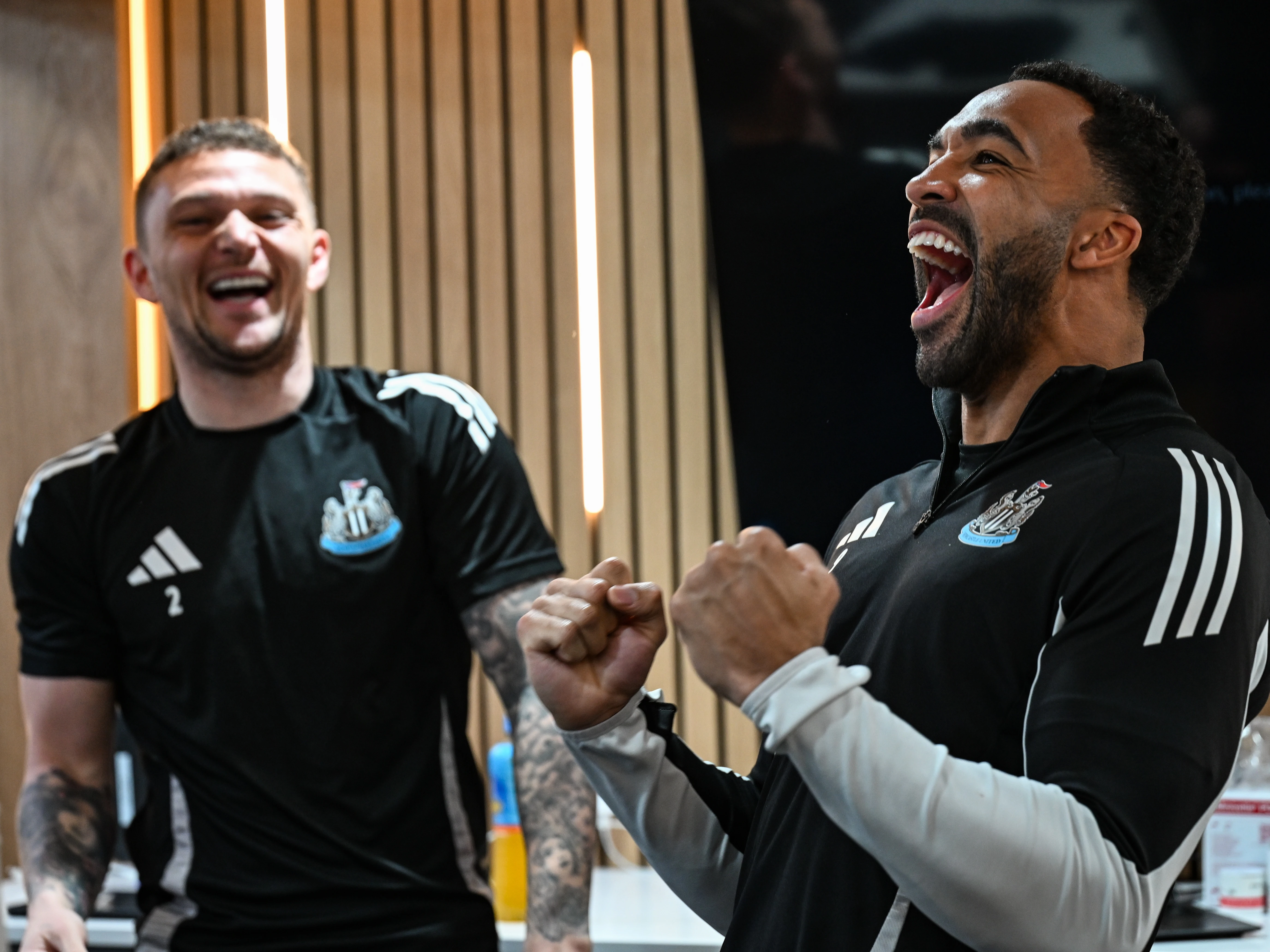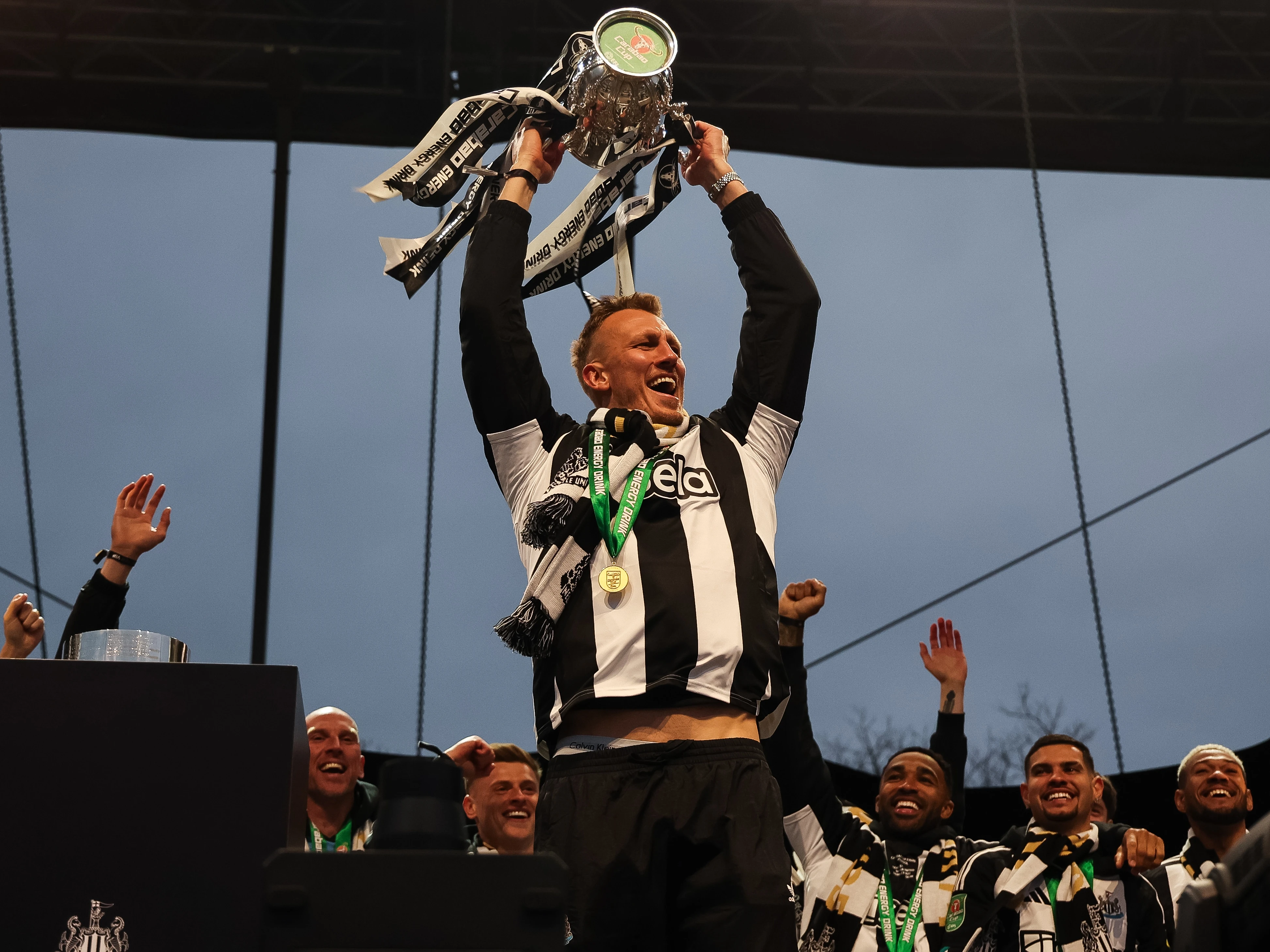"I used to get travel sick, sitting on the back of the bus, and feel ill," he explains. "Bear in mind Bournemouth to most away grounds on a coach is four, five, six hours. This is the day before a game. There were lots of times when I was actually sick.
"So I asked the manager, 'can I sit at the front next to you? This isn't doing me any good'. He said, 'yeah, sure, no problem'. And I actually enjoyed it! I didn't say this to my teammates at the time. You'd get stick, of course – 'what are you doing sitting down there?' But actually, we'd end up talking football, the way we'd set up the next day, team selection. He'd give me psychology books he was reading.
"He really opened up on a lot of his ways of working and for me, it was hugely educational. I preferred to sit at the front than the back because I was learning, probably without knowing it at the time."
It was, with hindsight, an astute move from the promising centre half, who probably felt a certain strain going against that particular away-day social convention. He had little to no desire to manage in those days but that studiousness was always there. He sits at his new desk at Newcastle United's training centre in Benton, just in front of a floor-to-ceiling image of St. James' Park partly lit by the early evening sunset, and recalls his start in management.
"I was at a friend's house. New Year's Eve. It was a gathering – not a massive celebration," he says. "I got a phone call. The house I was in didn't have a great reception, so it was quite a crackly line. It was Adam Murry, and he was asking me if I wanted to become manager, if I wanted to take the job on a caretaker basis.
"Because the line was crackly, I was thinking, 'this has to be a joke'. I had no experience in management and the team was heading towards the Conference, and probably extinction. I'll always remember that conversation. I didn't believe it was him, I didn't believe I was being offered the job, and it was only when I managed to find a clearer line to hear him talk properly that I realised he was serious."
At 31, Howe became the youngest manager in the Football League when he took charge of Bournemouth. "It was a responsibility that initially I didn't want, and then when I had it, I just knew I had to make it work."
Howe tried to talk Murry, who was putting together a consortium to rescue the Cherries, out of it. He was 31 and had only retired from playing two years previously. His job at the club's centre of excellence was a relatively stable one at a time of great uncertainty; Bournemouth were riddled with debt and had begun that season with a 17-point deduction in League Two.
The club knew peril. In 1997, 2,000 supporters gathered at the Winter Gardens concert hall to raise money with the club facing extinction. Around £300,000 was needed, almost overnight, with a winding-up petition looming and redundancies decimating the staff. It was thought that the club had played its last match. Howe was there that night, wandering around the hall with a bucket.
The chaos didn’t feel new when he took charge 12 years later. He informed his players, some of whom were older than him, of what he knew, which was little. Bailiffs lingered. Bills mounted. Players and staff went unpaid. He remembers a few times partial amounts of wages were paid in a plastic bag, left on a bench in the dressing room.
Survival had a different definition at Bournemouth then and it weighed on his mind "every day," he nods. "I'd watched them as a ten year old, I'd joined the academy system at 12, they'd given me my debut. Then I'm suddenly placed in charge of the team and told if the club doesn't stay in the league, it'll fold.
"I was thinking, 'how have I ended up in this position where I could be, not responsible, because it wouldn't have been my fault, but I could be the manager holding the club's future in my hands?' It was a responsibility that initially I didn't want, and then when I had it, I just knew I had to make it work. Failing wasn't a choice. So when you say, did you think about (the club's existence)? Yes. I thought about it every day.
“I thought about the consequences. What would that look like? How would it affect me? How would it affect my family? How would it affect my thought process for the rest of my life? All those things, and the people at Bournemouth who you'd have let down. I lived it.”
They stayed up, famously, and won promotion the following season. Howe, one of five siblings, saw his stock rise rapidly. He is an engaging presence but there is a shyness about him. "I'd say in most situations, I am introverted," he admits. "But I think I'm able now to change my personality when needed. Don't get me wrong – in the right environment, I can have a laugh and enjoy my life with my friends and family.
"But the training pitch is where I come alive. In the changing room, again, I'm able to change my personality for what the players need. That can be in various ways with how you address people. But you can't change you as a person. I am, and always will be, the same type of person."
Footage of his first training session as the Magpies' head coach was pored over on social media. There is energy and authority in his movement and words. "It's not a criticism – it's just a different type of training," he says at one point. How does he force himself to go from being reserved, by nature, to that? "I found when I was doing it that the job required it, and I was able to deliver what I needed to do. If I hadn't, I obviously wouldn't have been a success at that time. I found the qualities and developed the qualities, rather than having them there to use already."
Howe had captained Bournemouth while not long out of his teens but says he never felt a need to be the loudest in the room. "But when you're managing a team and a club, I don't think you need to be that person. I think you need to be a really good decision maker. That's one of the most fundamental parts of it. You need to be observant, to see things that maybe no-one else can see, and I think that those qualities I had came from being quite reserved."
His time at Burnley is often regarded as the asterisk next to his name. He accepted the Clarets' offer in 2011 and admits he felt a degree of external pressure to move on. "I ended up choosing the place that was furthest away because I wanted to commit to wherever I went, and I built a very good relationship with Brendan Flood, who was a director there."
He thought his new side required a rebuild, some surgery on their ageing squad and training facilities, but momentum didn't follow him north. The passing of Howe's mother, Anne, in March 2012 also affected him greatly. He pauses. "I think I've got a real human side of me that understands when players have a problem, an issue, or whatever it may be in their personal life," he says. "For me, it was a really sudden thing that happened with my mum, who was the closest person to me in my life at the time. I didn't have any time to grieve. You're straight back to work as a manager, you're managing from seven in the morning until seven at night, but you've got all these emotions running through you. I felt really far away from my family, who were all in and around the Bournemouth area. I found I was very detached. I was not grieving. I was not dealing with it."
It is a platitude, but has time brought comfort? "Time is a great healer," he offers. "But my family were really struggling and I was there, and I feel that although I'm one of the youngest in terms of my siblings, I was able to help them – which in turn made me feel much happier and content that everything was getting sorted out."
Howe says he is grateful for Burnley's handling of his departure seven months after his mother's death and his reflections are clearer now. He points out the Clarets went on to establish themselves in the Premier League under his successor Sean Dyche while Howe, having returned to Bournemouth in League One, did the same (helped by a supporting cast including, at various stages, Matt Ritchie, Ryan Fraser and Callum Wilson).
It surprised some when he stepped down in 2020, after relegation ended five successive years of top flight football. "The way that I work is very demanding on myself and those around me. I felt I needed to give the people around me a bit more time, and I needed to give myself a bit of a break." He declined job offers and interview requests, appearing on television only sparingly. "I didn't want to be in people's faces," he explains. "I wanted to go about my daily life in a way which was out of the spotlight.
"I just wanted a break from people talking about me. When I did come back, I wanted people to think, 'where’s he been?' rather than 'he's been in my face too much'."
Howe laughs but there is a serious point in there. Last year, on Sky Sports' Monday Night Football, he said he found the first few weeks after the end of his time at Bournemouth "emotionally so difficult". He still watched football most days, but not on Saturdays. They were tougher. He would take his sons, Harry and Rocky, for golf lessons in the afternoon, avoiding score updates and the urge to scratch the itch.
He spent time watching, observing, at other sporting organisations; Atlético Madrid, Rayo Vallecano, the England national team and rugby union side Saracens. After 15 months he answered the call from Newcastle and arrived alongside long-time backroom staff members Jason Tindall, Stephen Purches, Simon Weatherstone and Dan Hodges. "They're very, very good at their jobs," he says. "They know me, we have a relationship and we have a trust, and that trust is absolutely crucial. When you go to a new club and you want to get your message to your players as quickly as you can, if you have five of you, you're going to get that message across five times quicker."
Howe was largely able to shape Bournemouth in his image. There is more to shape at Newcastle, more in need of moulding. Upon his permanent appointment at Bournemouth 12 years ago, Howe told reporters that it felt like "a huge challenge. But I think it's a task we can succeed in. I'm looking forward to it, and we need results quickly."
The sentiment is similar now. How do you go about doing that? "You have to grab the players' attention. I think the players have to realise that we have to play as one – we have to play as a united team. We have to understand that when we win, when the team wins, everybody wins – everyone connected with the squad, the subs, the guys not in the squad. Everyone wins. If you can get that collective message to the players then I think you have a chance to be successful in the longer term. It's getting everyone to think in the same way, and put their own personal needs to the side for the benefit of the team."
Along the way there will be pressure, intensity, demands. Howe says he is the self-critical type at the best of times. "I think when you're built that way, when you look at yourself first, I think there's that honesty that you have – no-one else can pile any more pressure on you.
"I understand the demands that are going to come with this job. I'm going in with my eyes very much open. That's not to say that there won't be times when I'll be emotional – I'm sure there will be. I'm a human being. But I think I've learned in my time that you've got to ride the rough patches, you've got to go through them, absorb them, take them, take the criticism. I think as long as you can maintain your dignity, respect and continue to work as hard as you possibly can, that's all you can do."
He is in an emotional city now, at the apex of a deeply emotional club. There is a steeliness to Howe but he will feel that. "There is that feeling of excitement in me," he smiles. "You know what's going to come. You know what's ahead. It is exciting.
"There are a whole host of emotions that will go through me, I'm sure. The trouble is you've got to get the processes right – every day has to be as good as it can be. You come to matchday and as always with matchdays, it's in the hands of the players, really. That's where your work will be judged."
"There is that feeling of excitement in me. You know what's going to come. You know what's ahead."




